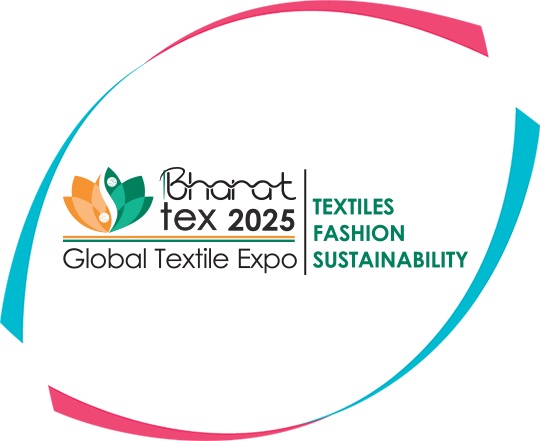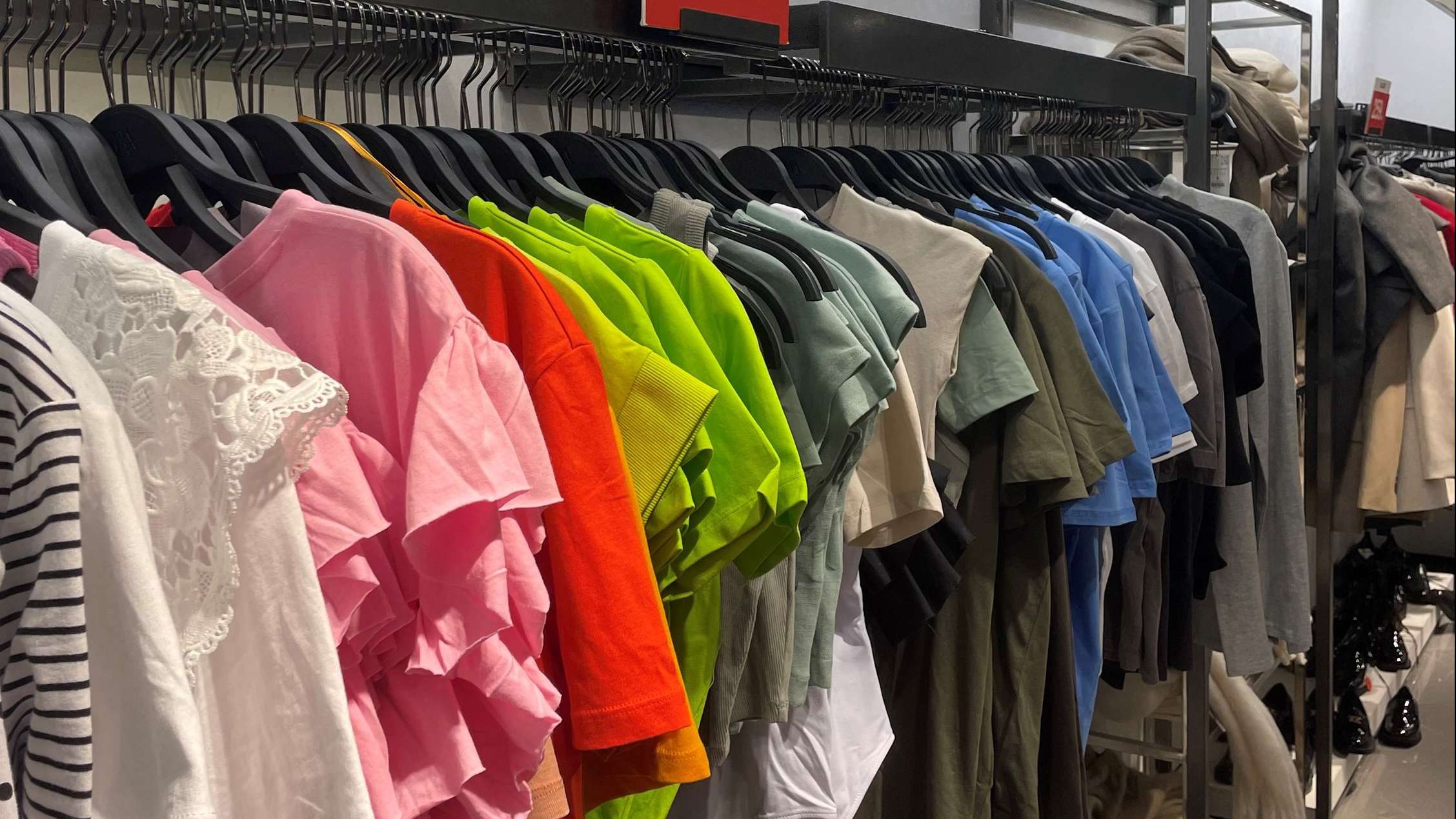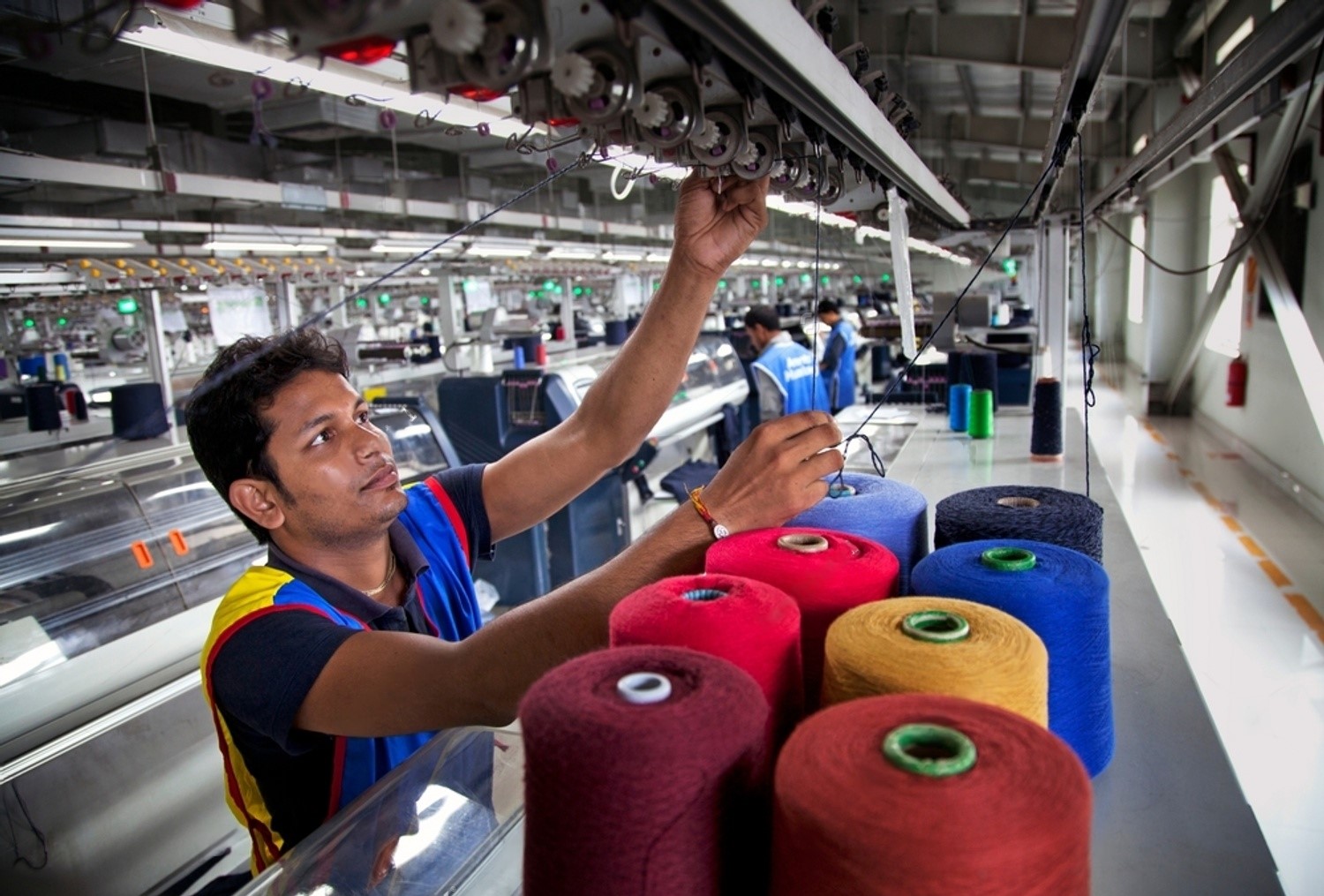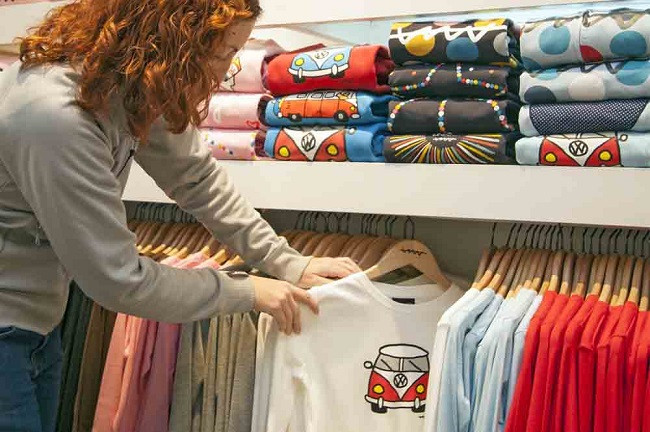The EU Commission introduces regulations to foster a sustainable and circular economy in the textile sector. Aligned with the EU Strategy for Sustainable and Circular Textiles, the proposal holds producers accountable for the entire lifecycle of their products and encourages sustainable management of textile waste across the EU.
The proposal aims to transform the industry by accelerating separate collection, sorting, reuse, and recycling of textiles.
This will increase the availability of used textiles, create local jobs, reduce consumer costs, and mitigate environmental impacts. A key element is the mandatory and harmonized Extended Producer Responsibility (EPR) schemes for textiles in all EU Member States.
Producers will cover the costs of textile waste management, incentivizing waste reduction and circular product design based on environmental performance. The proposal includes common EU rules for extended producer responsibility, facilitating separate textile collection by 2025.
Producer contributions will fund investments in infrastructure for collection, sorting, reuse, and recycling. The goal is efficient sorting for reuse, prioritizing recycling for non-reusable items. Social enterprises involved in textile treatment will benefit from expanded business opportunities and a larger second-hand market.
The proposal promotes R&D in innovative technologies like fiber-to-fiber recycling to enhance circularity. To combat illegal textile waste exports, the proposal clarifies waste and reusable textile definitions. It aligns with forthcoming waste shipment regulations, ensuring environmentally sound waste management during exports.
The Waste Framework Directive revision also addresses food waste separately. The European Parliament and Council will review the proposal through the legislative procedure.












